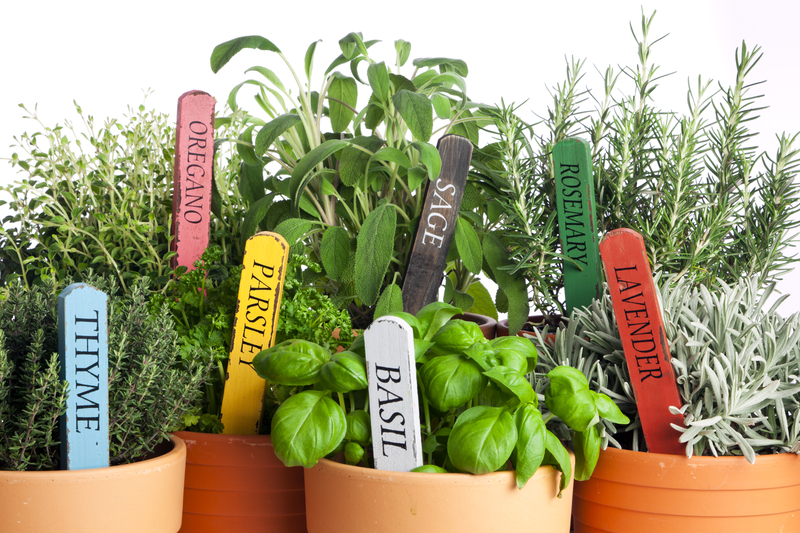Optimal Timing for Garden Manure Application
Posted on 13/06/2024
Applying manure to your garden can significantly improve soil health and plant growth. However, the timing of manure application is crucial to garner its full benefits. This article explores the ideal timing for applying manure to your garden, pros and cons, key tips, and more.
Understanding Manure and Its Benefits
Manure is an organic matter derived from animal waste, commonly used as a fertilizer in gardening and farming. It is rich in nutrients like nitrogen, phosphorus, and potassium, which are essential for plant growth.
The benefits of using manure include:
- Improved soil structure and fertility
- Enhanced microbial activity in the soil
- Better water retention and drainage
- Promotion of healthier plant growth

The Best Time to Apply Manure: Season Matters
The timing of manure application largely depends on the season.
Spring
Spring is considered an excellent time for manure application. The warmer temperatures and increased rainfall help break down the manure, allowing nutrients to integrate into the soil before planting. Applying manure a few weeks before planting ensures that the soil is nutrient-rich.
Fall
Fall application of manure can also be beneficial. Over the winter months, the manure will break down and integrate into the soil. By the time spring arrives, the soil will be ready for planting. However, cold temperatures can slow down the decomposition process, so it's important to apply it early enough for some breakdown to occur before winter fully sets in.
Consider the Type of Manure
The type of manure you choose can influence the optimal timing of its application.
Composted Manure
Composted manure, which has already undergone significant decomposition, is often preferred for spring applications. It's safer and more readily integrated into the soil.
Raw Manure
Raw manure should be applied in the fall. This allows ample time for pathogens to break down and for the manure to decompose fully, reducing the risk of contaminating crops.
Key Tips for Optimal Manure Application
- Test Soil: Conduct soil tests to determine nutrient needs before applying manure.
- Avoid Over-application: Too much manure can lead to nutrient runoff and pollution.
- Incorporate into Soil: Work the manure into the soil to prevent nutrient loss and odors.
- Watering: Water the area after application to help nutrients seep into the soil.
Pros and Cons of Manure Application
Pros
- Improves soil fertility and structure
- Environmentally friendly and sustainable
- Enhances microbial activity
- Provides slow-release nutrients
Cons
- Potential for weed seeds and pathogens
- Odor issues
- Nutrient runoff if over-applied
- Can be labor-intensive

Takeaways
- Spring and fall are the best times for manure application, with each season offering distinct benefits.
- Composted manure is ideal for spring, while raw manure should be applied in the fall.
- Always test soil and avoid over-application to prevent adverse effects.
Conclusion
Applying manure at the right time is essential for maximizing its benefits in your garden. By considering the season, type of manure, and following key tips, you can enhance soil health and promote robust plant growth. Balancing the pros and cons will help you make informed decisions, ensuring your garden thrives.
Latest Posts
Top Tips for Cleaning Your Patio and Paving Like a Pro
Easy Steps to Sharpen Your Garden Shears Without Leaving Home
Inspiring Concepts to Cultivate Your Own Zen Garden Sanctuary




